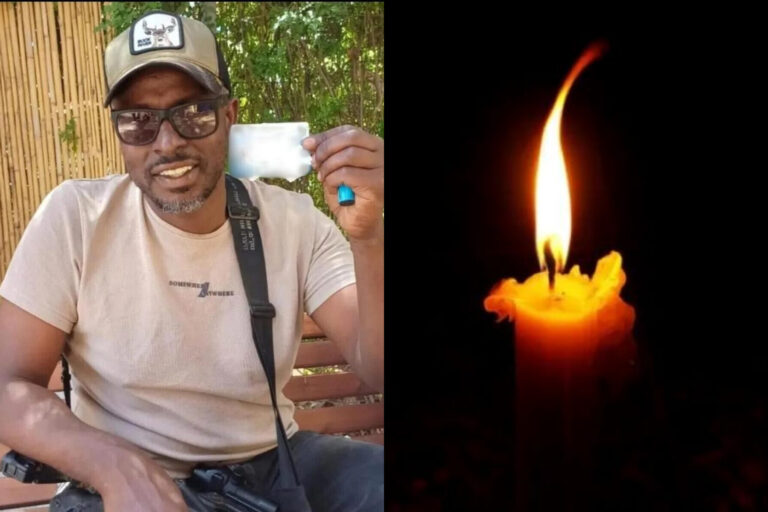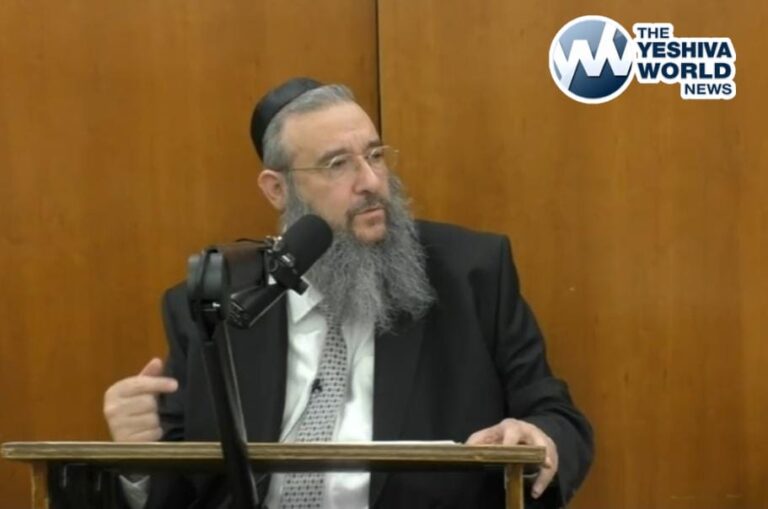 The first salvo has been fired in the legal battle over how the trustee appointed to recover funds from the ashes of Bernard L. Madoff’s collapsed Ponzi scheme is determining the amounts returned to former Madoff clients burned in the fraud.
The first salvo has been fired in the legal battle over how the trustee appointed to recover funds from the ashes of Bernard L. Madoff’s collapsed Ponzi scheme is determining the amounts returned to former Madoff clients burned in the fraud.
A class action suit has been filed on behalf of victims seeking to have the trustee determine the value of their claims based on the last statement they received from Madoff in November of 2008 shortly before he was arrested.
The trustee, Irving Picard, has said publicly — and repeatedly — that he will determine claims based on a definition of net equity, the legal term being argued, based solely on how much clients put into their Madoff accounts versus how much they took out.
Attorneys Brian Neville and Barry Lax said in an interview with FOX Business that the trustee’s definition of net equity is wrong and that it has frightened many former Madoff clients from filing claims ahead of the July 2 deadline set by the Securities Investor Protection Corp.
The attorneys said some former clients fear that filing a claim with the trustee Irving Picard under his definition of net equity could trigger a clawback in which the client could conceivably be required to pay money back rather than receiving a claim.
In addition, other former clients scattered across the U.S. have declined to file because the proceedings are being overseen by a New York bankruptcy judge, and these victims would prefer to have their claims decided in local courts, according to the lawyers.
Other victims have simply determined “it’s an exercise in futility” to try and fight Picard’s definition of net equity, said Neville.
Because the July 2 deadline for filing is approaching, the lawsuit requests that all eligible former Madoff clients be deemed to have filed a claim with SIPC regardless of whether they actually have or not. And the lawyers are asking that their case be heard quickly to beat the deadline.
The net equity issue has been brewing for months, ever since Picard announced his definition at a public hearing in February.
Picard is arguing that any profits suggested by statements issued by Madoff to his clients were “phantom profits” and not applicable to net equity because an investigation has revealed that Madoff conducted not a single trade for at least 13 years prior to his arrest.
To use the last statement as a basis for claims, in effect, “lets the thief — Mr. Madoff — determine who wins and who loses,” Picard has said.
Yet Madoff’s investors paid taxes on those “phantom profits,” in some instances for as long as two decades.
These investors have argued — similar to Neville and Lax’s lawsuit — that Picard should base his determination of claims on the final statement Madoff sent to his clients.
The class action suit argues there is precedence for using the final statement: a 2001 fraud case involving bankrupt broker dealer New Times Securities in which a federal judge ordered SIPC to include phantom profits in its net equity valuations when determining claims.
(Source: Fox Business)











One Response
Will Madoff walk?
Is it possible most of the money invested was “scvartz”, because Madoff KEPT it unreported, and therefor no one dares to step forward to claim, without the fear of being investigated by the IRS?